Sangoi emphasized the need to implement more holistic and sustainable policies, while drawing attention to the short-term effects of the European Commission's protectionist measures.
The interview also examined the impacts of the Carbon Border Adjustment Mechanism (CBAM), changes in steel-consuming sectors such as automotive and white goods, the inadequacy of energy policies, and the future of European industry.
Recently, import pressures have been reshaping the competitive dynamics of the European steel industry. In your opinion, how are these increasing import pressures affecting the competitiveness of domestic steel producers? What impacts are they having, particularly on pricing, market share, and production capacity?
Despite two technical price recoveries in the recent period — the first in the fall of last year and the second in March 2025 — the entire European steel supply chain remains under significant pressure due to weak demand from end producers.
The European Commission, which has been repeatedly called upon by European steel producers, has maintained a protectionist stance in favor of raw material producers by strengthening existing trade barriers and announcing a new regulation to replace the expiring safeguard measure, scheduled to come into effect in July 2026.
However, this approach appears to be short-term. It overlooks downstream production conditions and ignores the fact that making imports more difficult inevitably leads to increased costs and disruptions for end users. End users are witnessing a gradual loss of the competitive strengths that historically enabled them to succeed as exporters.
While sharing the goal of protecting the EU steel industry, it is essential that the legislative process takes into account the interests of the entire value chain. Import restrictions should be implemented alongside incentive measures to support domestic demand. Only in this way can the European Union return to a path of sustainable growth.
Despite numerous existing challenges, European steel producers are currently facing a sharp decline in orders, especially driven by widespread uncertainty affecting the lower levels of the supply chain. The combination of squeezed margins and shrinking volumes is proving to be a deadly mix for many players in the industry.
All of this confirms that the problem cannot be solved through protectionist measures alone.
"Environmental plans must align with economic realities"
The EU’s Carbon Border Adjustment Mechanism (CBAM) has gained attention as a tool to achieve environmental goals. From your perspective, how do you think CBAM will affect the steel sector? Do you believe it will help support the competitiveness of European producers while supporting sustainability goals?
I fully support green policy principles; it is our duty to promote a path that brings greater alignment between economic development and environmental protection.
However, it is critically important to avoid the mistake of moving too quickly — or worse, attempting to carry out this transition alone.
The European Union often reiterates its intent to lead on environmental policy as an example for other industrialized nations. However, for any environmental plan to be effective and sustainable, it must be based on economic viability. Ignoring this basic truth risks leaving our companies worn out and broken by the time they reach the mandated deadlines.
In this context, the Carbon Border Adjustment Mechanism (CBAM) must be thoroughly reviewed. It is unacceptable to focus solely on raw material imports while overlooking finished products with high steel content. These products, effectively exempt from restrictions, could become a backdoor for non-EU production and pose a real risk of accelerating deindustrialization in favor of countries with weaker environmental standards.
The green transition can only succeed if it is shared on a global scale, including both major industrialized nations and developing countries. When necessary, economic and technological support should be provided to help those nations take the same path.
The European Union must urgently take corrective measures
Recently, we have seen a number of steel companies in Europe face closures and layoffs. What do you think are the main factors behind these developments, and what risks do they pose for the future sustainability of the sector? What measures or policies do you believe are needed to preserve employment and stabilize the industry?
The automotive industry can be seen as a symbolic example. Entire manufacturing facilities dedicated to vehicle production and components are disappearing, victims of a rushed and poorly coordinated transition.
The deadlines set by the European Union for the shift to electric vehicles have proven to be too strict. Unsurprisingly, the entire process of transitioning from internal combustion engines to electric mobility is now under review. Some major automakers have recently reinforced this reality by announcing the suspension or downsizing of new green projects currently viewed as economically unsustainable.
The logical order of investments has been reversed. Before electric vehicles came into widespread use, the appropriate infrastructure should have been developed, and even before that, the availability of renewable energy sources to power those vehicles should have been ensured.
At the same time, the EU has left the door open to Chinese manufacturers who plan to bypass customs duties by assembling vehicles directly within the European region, further increasing competitive pressure on local producers.
But the crisis extends beyond the automotive sector. The home appliances industry, industrial components, and the steel sector are all experiencing serious difficulties. Recent announcements from ArcelorMittal and ThyssenKrupp to suspend or revise their carbon reduction plans reveal the limited economic viability of these strategies in the current context.
The European Union must urgently take corrective action, temporarily easing strict green policies and launching an incentive program to support final consumption. Only through such a balanced approach can we preserve the industrial and social competitiveness of our continent.
Energy costs are volatile and rising, significantly impacting production costs in the steel sector. How does this affect competitiveness and investment decisions in the industry? Do you think current European energy policies offer sufficient support to steel producers?
The European Union must adopt joint, robust, and structural measures to ensure energy supply and create the conditions necessary for a genuine recovery in the competitiveness of European steel producers.
A pragmatic reassessment of the energy mix is now inevitable. I believe the deployment of new-generation small modular nuclear reactors (SMRs), which can reliably generate low-cost electricity with zero direct emissions, must be seriously considered. Environmentally, industrially, and economically, only such an approach can ensure a sustainable future for the European steel industry.


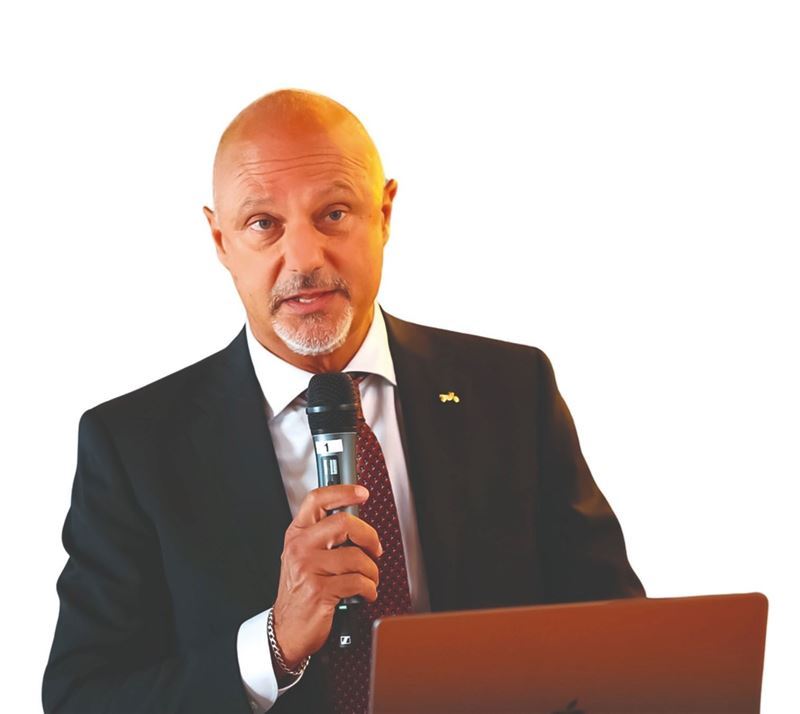
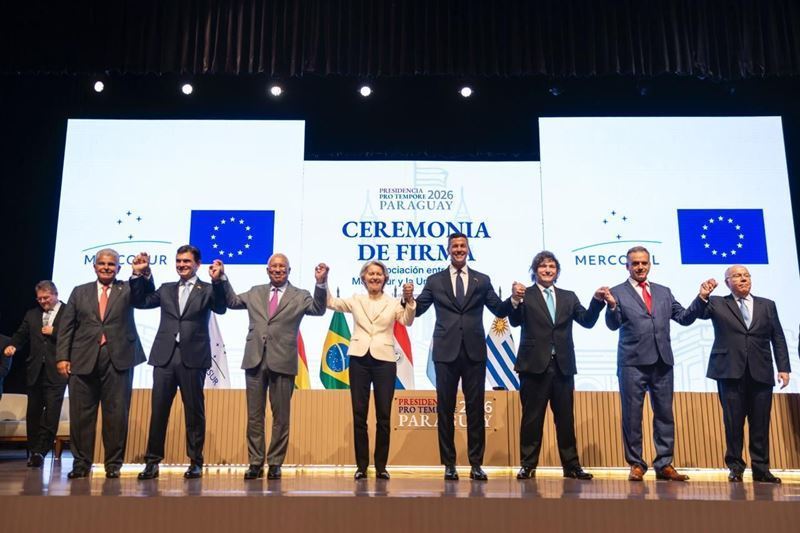
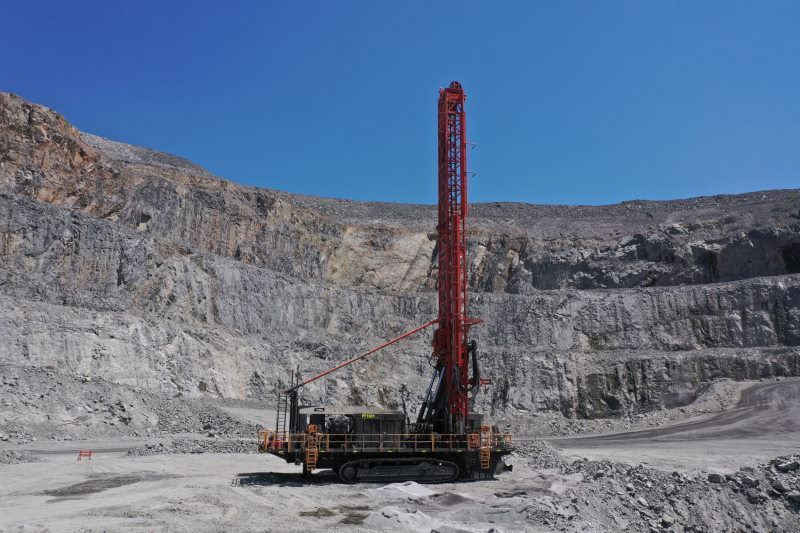
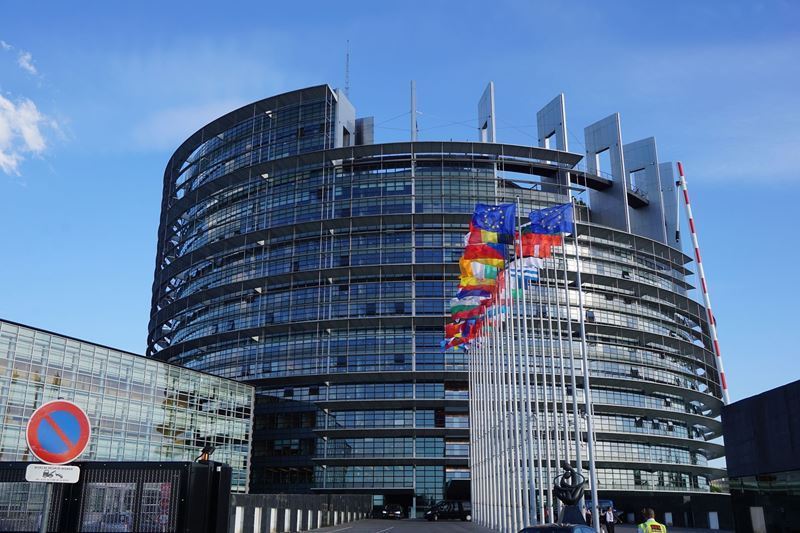
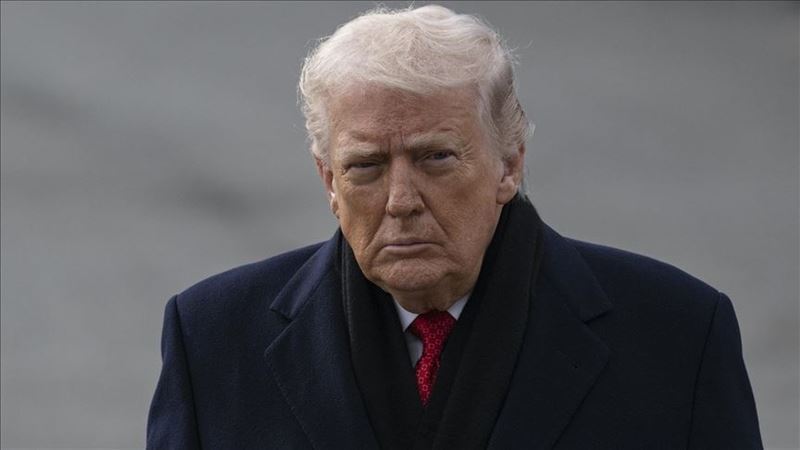
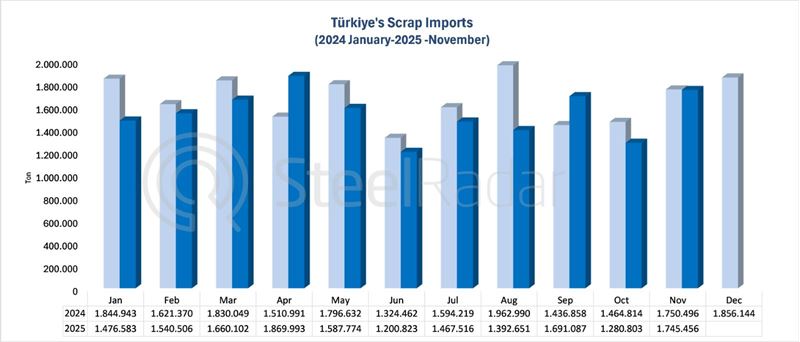


Comments
No comment yet.